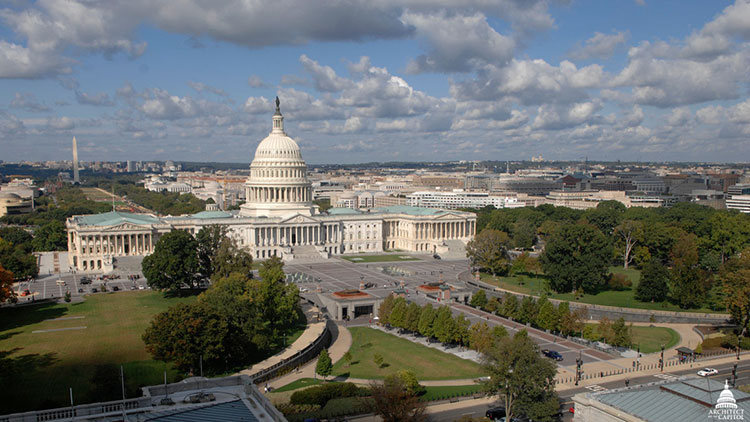Mayor: Small Cell 'Pizza Boxes' Are More Like Fridges

The smarter way to stay on top of broadcasting and cable industry. Sign up below
You are now subscribed
Your newsletter sign-up was successful
The Wireless industry has made much of the "pizza-box" sized equipment for deploying small-cell, 5G, wireless broadband technology, usually in making the argument for its unobtrusiveness as it argues for help in deployment.
But in Hill testimony this week on easing the deployment of broadband, Gary Resnick, mayor of Wilton Manors, Fla., and the former chair of the FCC’s Intergovernmental Advisory Committee under Democratic Chair Tom Wheeler, took issue with that as he argued against allowing the FCC to preempt local and state regs in the interest of more rapidly deploying that and other broadband infrastructure.
The venue was a Senate Commerce Committee hearing on "Investing in America’s Broadband Infrastructure: Exploring Ways to Reduce Barriers to Deployment."
Related: FCC Spokesman: Pai Within Bounds to Champion Net Neutrality Proposal
Sen. Bill Nelson (D-Fla.), ranking member of the Committee, said Resnick had made it clear he did not want the feds "messing around" with state and local regulations on broadband expansion, and specifically FCC Chairman Ajit Pai's rulemaking proposals on speeding deployment, which includes potential preemption.
Resnick said preemption was not a good idea, and that the equipment was much larger than advertised, and added he would have demonstrated it at the hearing but it would not fit on the plane.
He said local regulation has been part of the success of tower siting for wireless and infrastructure rollouts of wireline broadband.
Related: Gigabit Opportunity Zones Bill Introduced
He said preemption would have a "devastating effect" on both industry and consumer choice. He said that "one size does not fit all," and that preemption is the government picking winners and losers.
The smarter way to stay on top of broadcasting and cable industry. Sign up below
And on the subject of size, he added: "By the way, small cell is not small. That term refers to the size of the coverage, not the facilities." He said some companies have approached his town about putting up 100 foot poles and "refrigerator-sized" boxes. "They are definitely not the size of pizza boxes."
He pointed out that local governments can require camouflage for equipment—like the cell towers masquerading as trees—or encourage innovations, including by requiring co-location rather than allowing new towers, and prompting creativity. He cited technology that can use manhole covers to provide the same kind of technology as small cells.
He said if the FCC preempts those initiatives, it would hurt innovation and competitors.
Committee Chairman John Thune (R-S.D.) said he did not want to "step on local interests or discourage experimentation," but he did want to identify logjams that serve no public interest.
Asked to comment about logjams, Witness Larry Downes, project director at the Georgetown Center for Business and Public Policy, said it was not an all or nothing proposition and that there were a lot of things at the local level that were specific to that locality, but that, at the same time, there is "a lot that is wasteful."
He said as soon as there is a hint of a new tower there are all kinds of ad hoc authorities and people who get involved who don't know what they are debating about, and that is usually where the delay comes.
He said it is not the regulations so much as a lack of uniform process, which is what he said he thought the FCC was getting at in its latest Notice of Proposed Rulemaking—on speeding citing and authorizations—not "to foreclose local interests."
Contributing editor John Eggerton has been an editor and/or writer on media regulation, legislation and policy for over four decades, including covering the FCC, FTC, Congress, the major media trade associations, and the federal courts. In addition to Multichannel News and Broadcasting + Cable, his work has appeared in Radio World, TV Technology, TV Fax, This Week in Consumer Electronics, Variety and the Encyclopedia Britannica.

